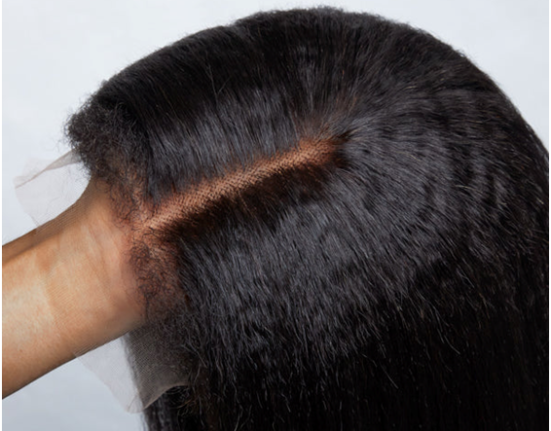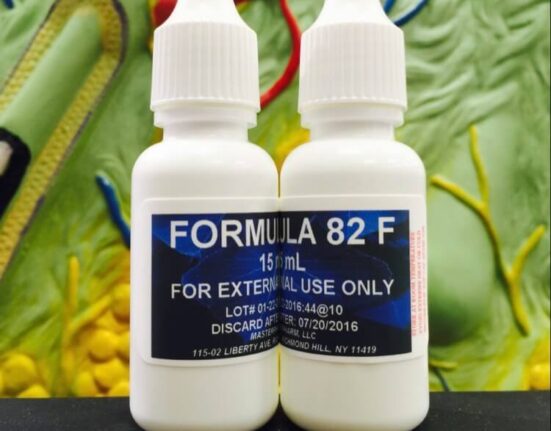After a 14-hour day in the operating room with (obviously) tired feet, I thought However, I’d been selling shoes since I was twelve years old. On top of that, my feet were aching horribly and I had no idea why until Dr. Bensky started talking about it during our initial meeting last summer!
See more: best shoes for operating room
What kind of shoes should you wear in the hospital?
There is a lot of walking in the hospital. But there is also a lot of standing. If you wear running shoes while standing, your feet will suffer because they don’t provide the appropriate support.
You should not wear open-toed shoes in the hospital because it is against the rules and it will disgust you one day.
Basic concepts to choose good shoes for work in the hospital
- Look for shoes with good support. The classic “nursing” or “operating room” shoe has a purpose – it’s intended to provide the support your feet need when you spend lots of time standing and walking about..
- Even if you’re not in scrubs, you’ll still want OSHA-compliant, comfortable shoes. They might be fashionable, but make sure they complement your business’s overall professional aesthetic. Clarks, Rockport, and Ecco are some of the most reputable brands for shoes that fit your profession. (SAS), San Antonio Shoes, Clarks, and Rockport are just a few options.
- Consider buying slip-on and slide-off shoes if you will be standing for lengthy periods in rounds or procedures. Slipping out of your shoes when you are standing for a long time is crucial. If you’ve been standing for a long time, stretching your calves and changing pressure points can be quite beneficial. It’s also much simpler to take your shoes off altogether and stand barefoot for a while. When you’re sitting, you may remove them and let your feet breathe. Dansko Professional clogs are expensive but are certainly the top in this category. Sanita clogs are now made in the original Dansko factory, according to reports. The Birkenstock, Keen, or Clarks clogs are excellent alternatives. Crocs are enticing but provide poor support, have no ventilation, and have been prohibited in some hospitals.
- Avoid wearing tight shoes. If you’re going to wear uncomfortable footwear, make sure they breathe well. Shoes that are similar to clogs in design but constructed of materials that allow for ventilation are available. The Merrell Encore Breeze is an excellent example (my current personal favorite). They are both pleasant and machine-washable (minus the insoles).
- After you’ve met those standards, the lighter (i.e., less dense) is preferable.
- Finding a good, cheap doctor is important. One website that can help you find a good doctor is footprints.com.
Long days of standing at employment produce stinky feet. You must learn some strategies to cope with this, just like long-distance runners.
- If you want to make your shoes last longer, try wearing them more often and in different ways.
- Don’t buy bargain socks. Balega socks, for example, are well worth the money.
- Take an additional pair of socks with you on extended days and replace them at lunchtime.
Foot massage, pedicures, and other foot care
There’s nothing that will make you feel better than a little foot pampering at the end of your day in terms of “bang for the buck.”
Use a good foot scrub, such as Bath and Body Toe the Line of The Body Shop’s peppermint scrub, in the bath or shower.







162 Comments